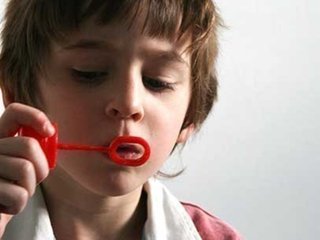
A speech and language therapist (meet our Speech and Language Therapists in London ) is someone who helps your child to communicate, focusing on both receptive (what we understand) and expressive (what we say) communication. An SLT may work with people of all ages, from infancy to adulthood.
In babies and children, SLTs are generally concerned with the development of:
Speech
Speech sound disorders – the inability to produce certain sounds or types of sounds
Cleft Palate – often, children with cleft palate have difficulty producing various speech sounds due to velopharyngeal dysfunction or children with repaired clefts must be taught now to correctly produce sounds
Hearing Impairment – causes delay in the development of receptive and expressive communication skills
Motor Speech Disorders – such as childhood dyspraxia or dysarthria; can affect motor planning or functioning of the speech mechanism and make it difficult to be understood
Stammering – characterized by disruptions in the production of speech sounds
Voice – loss or anomaly in pitch, rhythm, quality and/or volume
Language
Language-Based Learning Disability - such as dyslexia, central auditory processing disorder, or specific learning impairment (SLI)
Selective Mutisum – characterized by a consistent failure to speak in certain situations or contexts (such as school)
Communication
Social Skills / Social Language – impairment in the understanding of the social components of language, such as appropriate use of eye contact, vocal volume, topic maintenance, etc. (commonly present in diagnoses such as ADHD and Autism Spectrum Disorders including Asperger’s Syndrome)
Augmentative / Alternative Communication – the use of any form of communication in addition to (augmentative) or instead of (alternative) oral speech. These can include facial expressions and gestures, symbols, pictures, signs, computer-based systems or tablets, or writing. AAC is used to enhance communication for those who have difficulty producing oral speech.
Swallowing
Dysphagia – babies or children with feeding and swallowing disorders are supported to facilitate mealtime success, whether they are orally or tube-fed
Speech-Language Therapists at Kiki’s clinic, therefore, work with children on communication – which can be defined as the ability to understand what is being said and express a message back in a way that can be understood!
For a complete picture of the process many of us take for granted to have a simple conversation, see the image of the “Communication Chain.” It is, in fact, quite complex, and Kiki’s Clinic SLTs work with children to ensure that each link in the chain is as strong as possible.